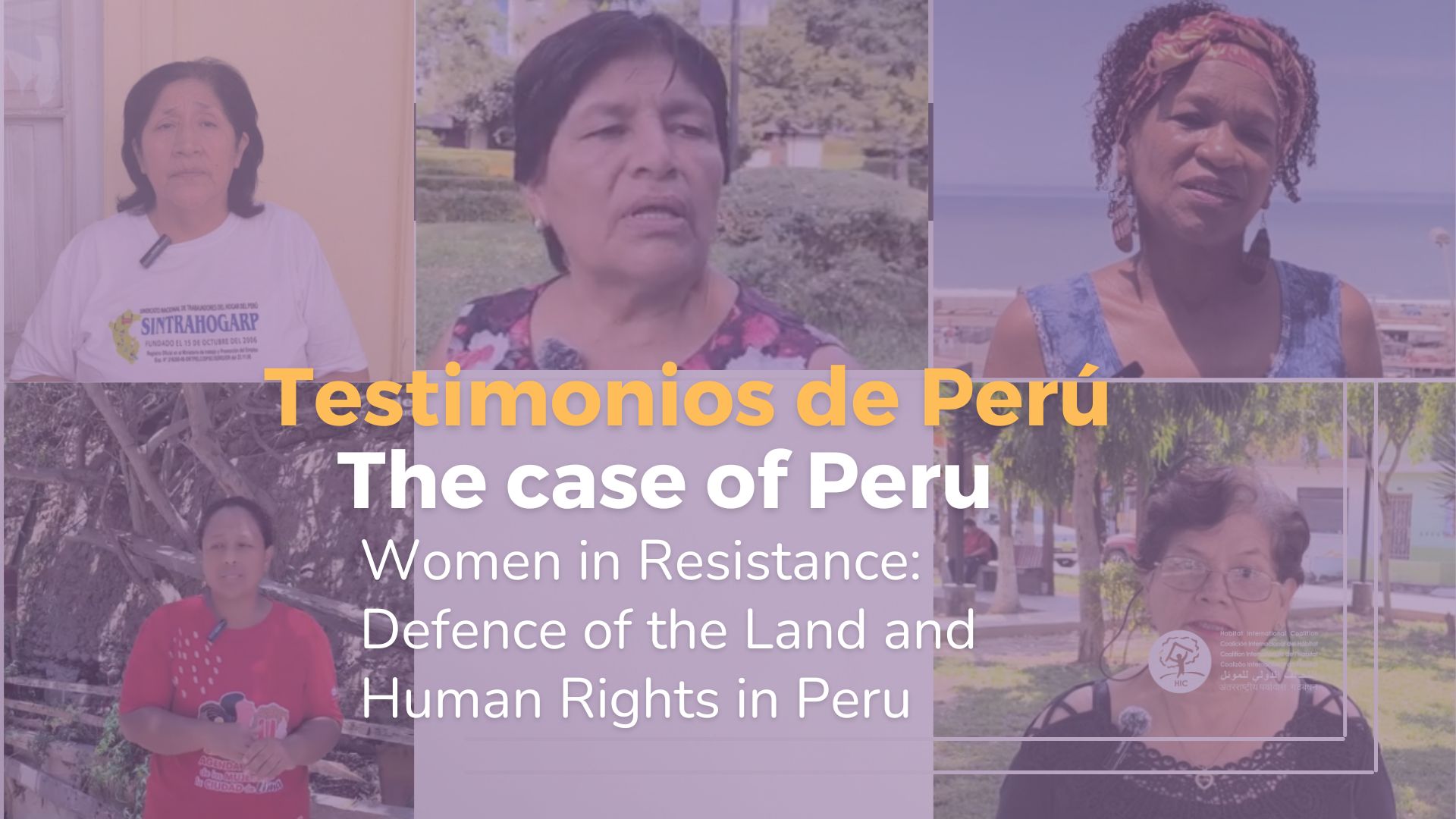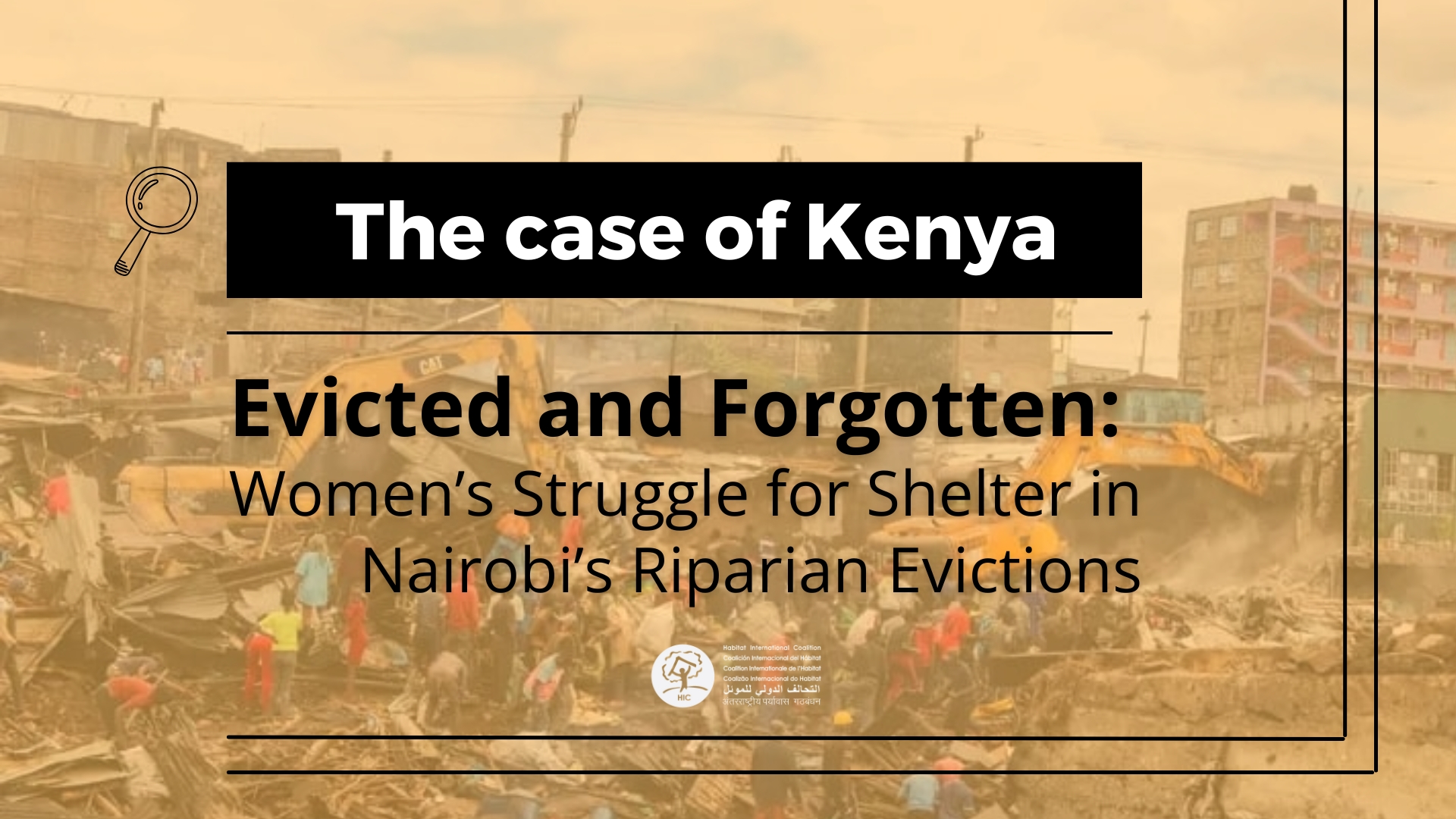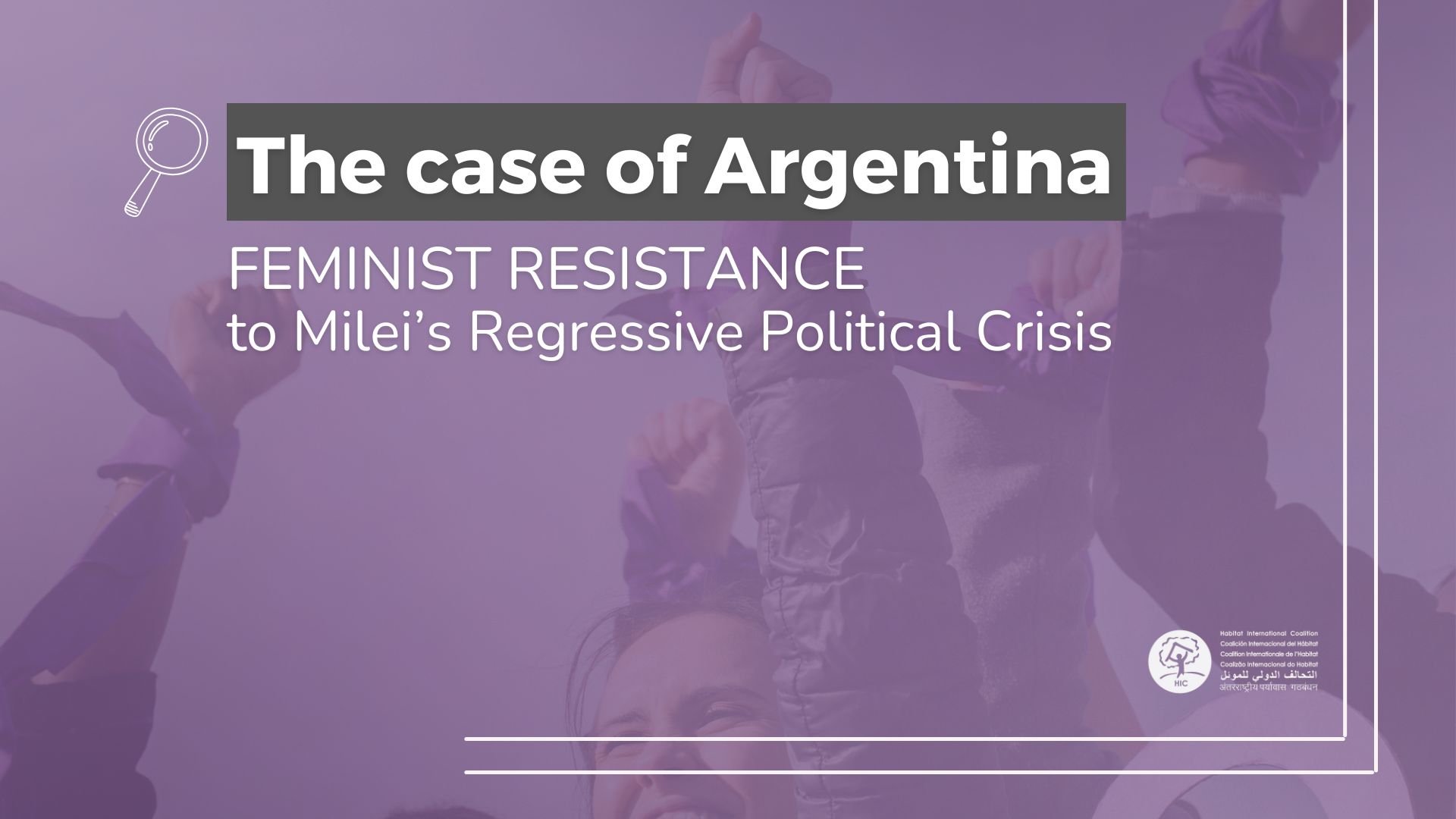
As David Harvey said during the World Social Forum (WSF) in Belém, Brazil, in February 2009, the right to the city “is not simply the right to what already exists in the city, but the right to transform the city into something radically different.” It is a collective right, “much more than the individual freedom to access urban resources. It is the right to change ourselves by changing the city” (Harvey, 2009).
By nature and through the history of its construction, the right to the city has been closely linked with the WSF. A major milestone was the development of the World Charter for the Right to the City which was initiated during the First World Assembly of Inhabitants held in Mexico in 2000. The process towards the formulation of the Charter was opened up to a wider audience a year later during the first WSF in Porto Alegre in 2001. Since then, during annual World and Regional Social Forum meetings, the contents and strategies of the right to the city have been worked out, like during the WSF in Porto Alegre in 2003 and in 2005 in the first WSF tent for Urban Reform. It was in the second WSF Urban Reform tent in Belém 2009 where urban social movements signed a statement to express concern about the World Urban Forum space as being radically opposed to the nature of the WSF.
World Urban Forum vs. Social Urban Forum?
Since the first World Urban Forum (WUF) held in Nairobi in 2002, UN-Habitat has hosted global gatherings to discuss urban issues among institutions, governments and businesses. The fifth WUF held in Rio de Janeiro in 2010 was also designed as a large exhibition of different institutional actors, without involving many of the actors that are most affected by the decisions of these powerful decision-makers regarding urban issues.
However, the fact that Rio de Janeiro hosted the forum meant a significant change around the main theme of WUF 5. Thanks to advocacy and lobbying of Brazilian social movements, in particular the National Forum for Urban Reform (FNRU) along with the Brazilian Ministry of Cities, the right to the city was designated as the forum’s theme, although it was captured by UN-Habitat in Nairobi in the cryptic slogan, “bridging the urban divide”.
The inclusion of topics like the right to the city that civil society has been working on for decades to UN debates is a step forward in the democratization of these institutional spaces. However, we must not loose sight of the fact that it is also a danger; that the institutional world seizes a slogan and social movements loose their rallying banner through changes made to its content.
In addition, this display of UN-Habitat’s democratic progress in integrating elements from civil society in its global gatherings has been symbolized more by rhetoric than by anything of actual significance. For example, UN-Habitat did not consider HIC’s nomination of Brazil’s National Forum for Urban Reform (FNRU) to receive a 2009 Habitat Scroll of Honour Awards, in recognition of their over twenty-year struggle for the right to the city.
Social Urban Forum: “Within neighbourhoods and around the world, the fight for the right to the city, democracy and urban justice”

During the closing ceremony of the World Social Forum in Belém do Para, Brazil in February 2009, urban social movements and organizations signed the declaration “Urban Movements Building Convergences at the World Social Forum, WSF 2009”. In this document, movements and networks declared that what was needed was to “democratise the World Urban Forum (WUF) to be held in Rio de Janeiro during 2010 such that social movements and activists may participate fully and effectively with UN-Habitat and the hosts in the organisation, preparation and staging of this event” and to “include the vision of the Right to the City without evictions and towards urban reform”. Many discussions took place among urban networks and movements following their convergence in Belém, as they debated what their best strategy would be to make themselves visible and to articulate urban issues among the various issues in the 2010 World Social Forum. They decided to organize a separate space for civil society that would be parallel to the WUF, located in a 14,000 m2 cultural centre next to the WUF venue.

The Social Urban Forum (SUF) commenced with an opening march on Monday March 22, departing from the Praça da Candelária and ending at the Ação de Cidadania, in an effort to strengthen the presence of the forum and to make civil society visible surrounding the WUF. The two-hour march brought more than 500 people together, encompassing Brazilian and international organizations alike, and stopped in front of the WUF venue as a symbol protesting against its tight security restricting access to different segments of society.

The aim of the SUF was to facilitate dialogue, exchange of experiences, expression of diversity and the strengthening and articulation of social movements and organizations around the world. It also represented an opportunity to open a debate on a city that is more just, democratic, gender-equal, and committed to social and environmental justice.

Local organizations worked together with international networks like COHRE, IAI and HIC in the organization and implementation of the march through downtown Rio on the opening day of the WUF and the SUF. The SUF saw the participation of around 2,000 people in more than 110 registered activities and 30 self-managed activities which included panel discussions, workshops, exhibitions, fairs and cultural events. In addition to local actors of urban struggles, international specialists who spoke of the right to the city included Peter Marcuse, David Harvey, Raquel Rolnik – UN Special Rapporteur for Adequate Housing, and Hermina Maricato – former Brazilian Minister of Cities.
According to local organizations, the balance of activities has been on:
- The integration of local organizations with other national and international bodies in strengthening resistance against evictions
- The role of segregated urban policy and conflicts instigated by mega-events in urban and rural areas
- The need to strengthen the fight against the criminalization of social movements
- The importance of bringing together all the various movements’ urban struggles around the right to the city
In particular, mega-events like the Olympics and the FIFA World Cup dominated the debates in the SUF and WUF, with discussions surrounding:
- The strengthening of local organizations for coordinated resistance and questioning the significance of mega-events
- The expansion of national and international joint struggles against mega-events
- The integration of women’s struggles in cities
.jpg)
From the Social Urban Forum, Rio 2010, to the World Social Forum, Dakar 2011
The SUF speaks to the desire to create an urban point of reference within the global space of the WSF, following the nature of the Assembly of Inhabitants for the Right to the City, which will be held in the WSF in Dakar 2011. This is part of a global strategy for the right to the city as an alternative to neoliberalism.
The same issues that were discussed in Belem and Rio will again be brought up in Dakar, however the lessons learned from these last two events will lead us to include more elements in the debate on the right to the city, taking into account:
- The danger that the right to the city has become a buzz word, creating a necessity to deepen the discussion on the implementation of the right to the city from a people’s participation perspective
- The criminalization of social movements in their struggle for the right to the city
- The need to coordinate urban and rural issues, for example issues surrounding food sovereignty and common struggles of different social movements against the harmful effects of neoliberalism
- The need to deepen the debate on climate change and its impacts on the population which has traditionally been excluded from the right to the city
- The opportunity for meetings between African and Latin American movements to expand relationships and make links towards a global movement for the right to the city, as an alternative to neoliberalism.


